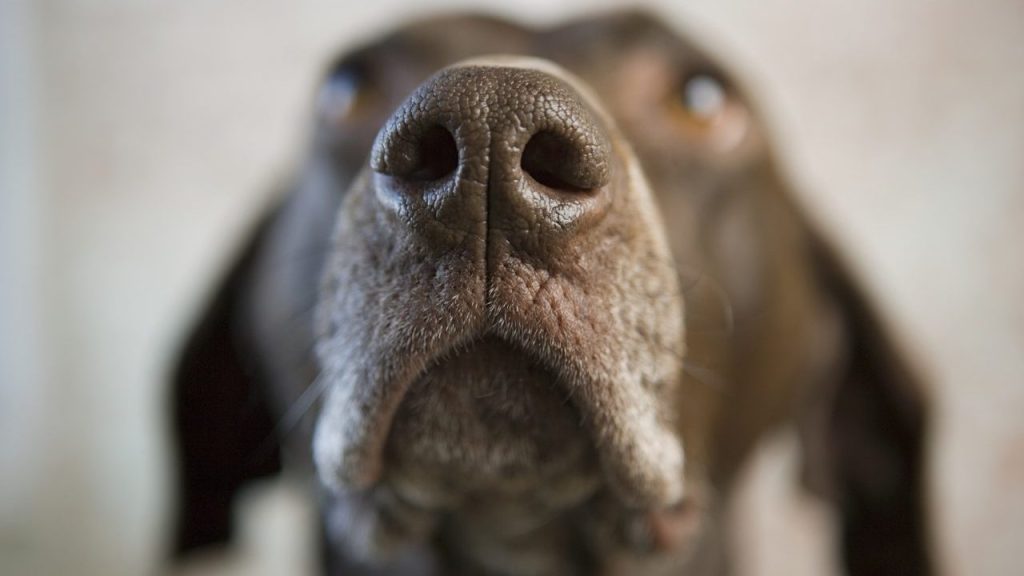In a recent study, investigators analyzed the potential to use the highly sensitive sense of smell in dogs to screen for COVID-19. Their conclusion determined that dogs could sniff out SARS-CoV-2 (COVID-19) infections.
Study results indicate dogs can sniff out COVID-19
The development of the severe respiratory syndrome coronavirus 2 (SARS-CoV-2) resulted in a catastrophic global pandemic. Recently published in the Annals of Epidemiology, one study indicated great potential in the ability for dogs to sniff out COVID-19 infections.
Dogs detect some diseases through olfactory recognition of organic compounds. Trained dogs identify hypoglycemia in diabetics, alert individuals to oncoming epileptic seizures, and detect the presence of malaria or cancer. Additionally, trained dogs can recognize the presence of certain bacteria in fecal and urine samples, including Clostridium difficile, Staphylococcus aureus, Escherichia coli, and Klebsiella.
Over the course of the pandemic, testing and vaccine technology advanced fairly quickly. Still, the viral mutations caused some concern among scientists and medical professionals regarding disease control. Controlling the evolving pandemic may require additional measures. Research indicates the use of canines as a non-pharmaceutical control may be an option.
The study points to the benefits of canine medical detection. Screening for the presence of SARS-CoV-2 could be rapid, taking only a few seconds. Additionally, the fast result time allows for a larger testing volume.
Canine scent detection a useful tool for disease control
The systemic review evaluated various studies and summarized the findings. As a result of the data analysis, researchers determined the level of potential for dogs to be used for COVID-19 detection. Researchers assessed 27 studies from 13 countries using two evaluation systems. The Quality Assessment of Diagnostic Accuracy Studies 2 (QUADAS-2) evaluated study and risk bias. Conversely, the other system surveyed canine medical scent detection.
Of these 27 studies, four and six were further assessed by each evaluation system. In conclusion, results from both evaluations indicated dogs could detect, with high sensitivity and specificity, infections from SARS-CoV-2. Some studies reported canine medical detection to outperform standard PCR testing. Data points to the high potential for the use of dogs in COVID-19 screening. As with other types of medical detection dogs, training would be essential.
You can learn more about working dogs and their unique skills here.









